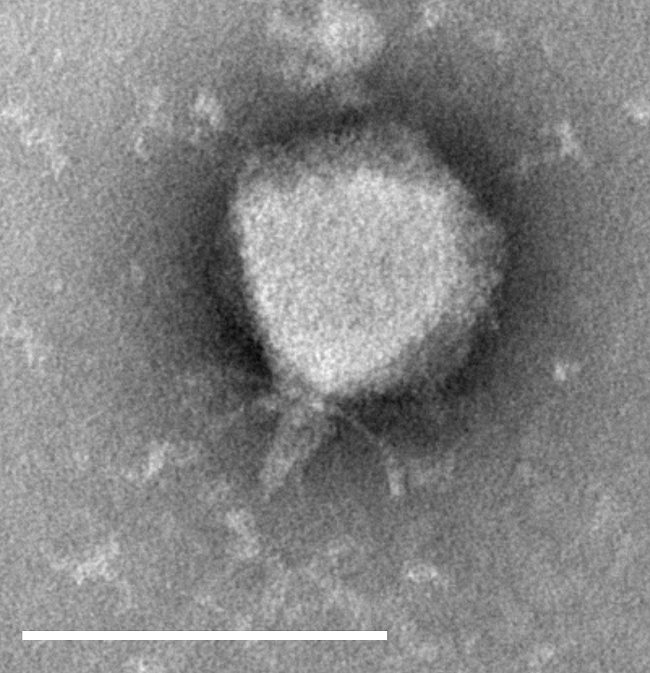New bid to 'outflank' antimicrobial resistance

A major new project will investigate the defence mechanisms of bacterial cells, to help stop the spread of drug-resistant genes. Resistance to antibiotics (known as antimicrobial resistance) is a growing problem, identified by the World Health Organisation as a top-10 threat facing humanity.
The new project will use a wide range of methods to work out how bacterial defence systems shape the evolution of "mobile genetic elements" (MGEs), which play a key role in spreading antimicrobial resistance.
MGEs are segments of DNA that can move from one bacterium to another and can change key traits of bacteria, including antibiotic resistance and virulence (the severity of illness they can cause).
The £4.6m, five-year programme has won a grant from the Biotechnology and Biological Sciences Research Council (BBSRC) under the strategic longer and larger grants (sLoLa) scheme.
The project team is led by Professor Edze Westra at University of Exeter, and includes researchers from Durham, Manchester, Bath, Bristol, Liverpool and St Andrews. Work at Durham University's Department of Biosciences will be managed by Professor Tim Blower.
The project will combine genomics, modelling and experimental analyses of Pseudomonas aeruginosa bacteria to determine which defences occur together, which interact synergistically, what causes synergy, how the activation of different defences is orchestrated and how they shape bacteria-MGE dynamics.
This project will apply interdisciplinary thinking and experimental capacity to lay the foundations for an entirely novel area in the field of bacteria-MGE interactions.
The aim is to uncover defence systems that could be exploited for engineering biology, especially using phages (viruses that infect bacteria).
As Professor Tim Blower explains, "Phages have brought us revolutionary tools for biotechnology. Delving further into the layered interactions of phages and bacteria is a fantastic opportunity for UK science to lead the way exploring new key areas of biology. We will also be working to engage with the public and share our findings as new discoveries arise."
The project is called: "Multi-layered bacterial genome defences: linking molecular mechanisms to bacteria-MGE conflicts in single cells, populations, and communities."
Find out about the Department of Biosciences at Durham University
Learn more about the work of Professor Tim Blower

